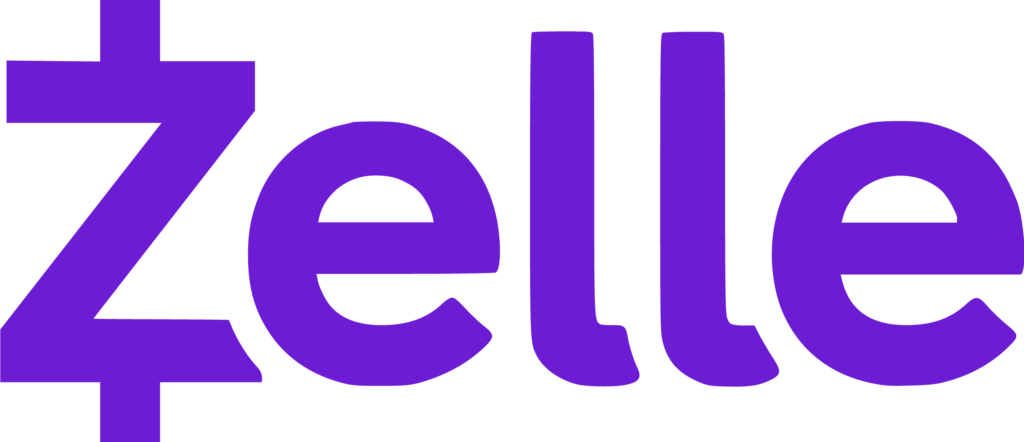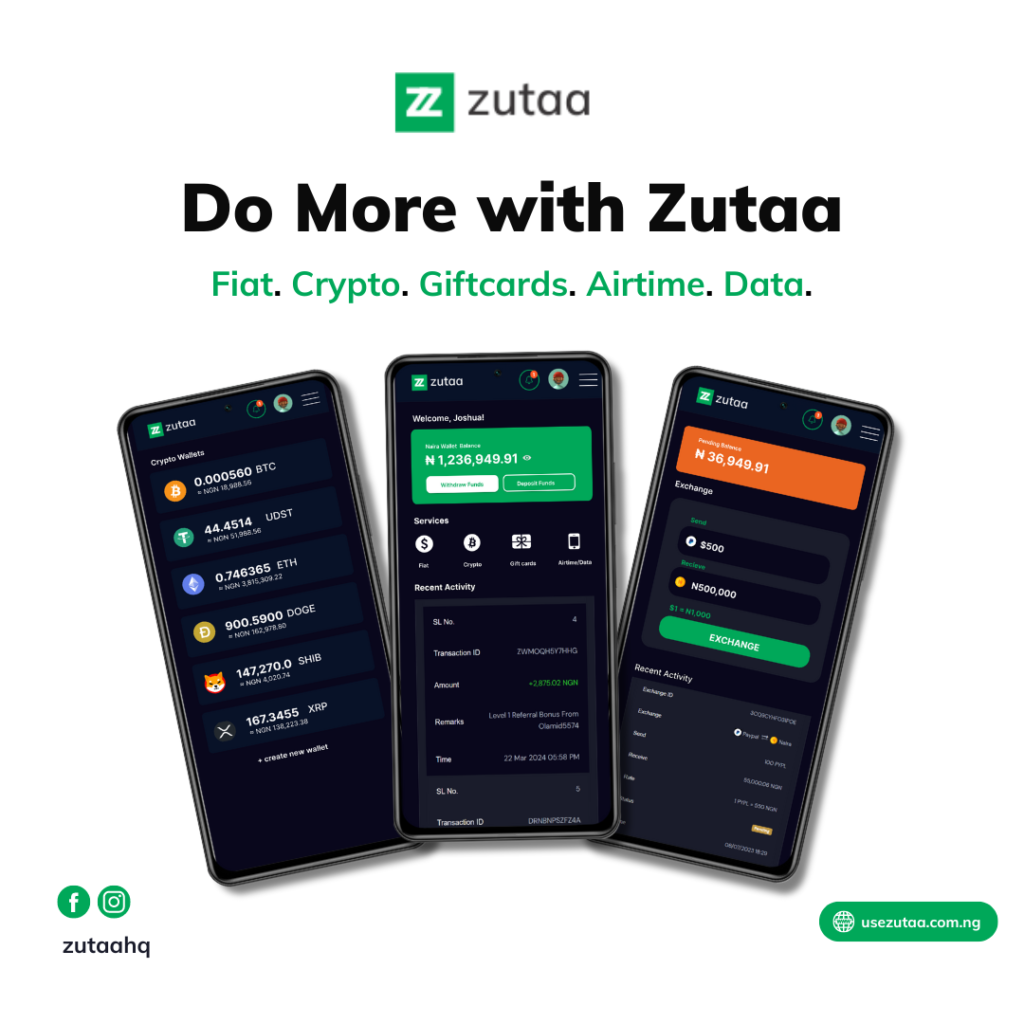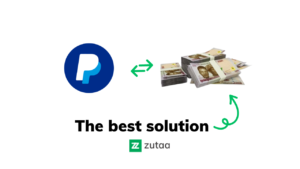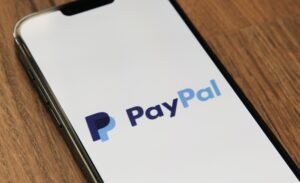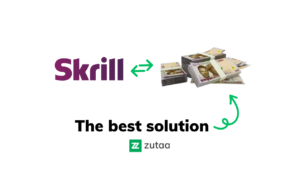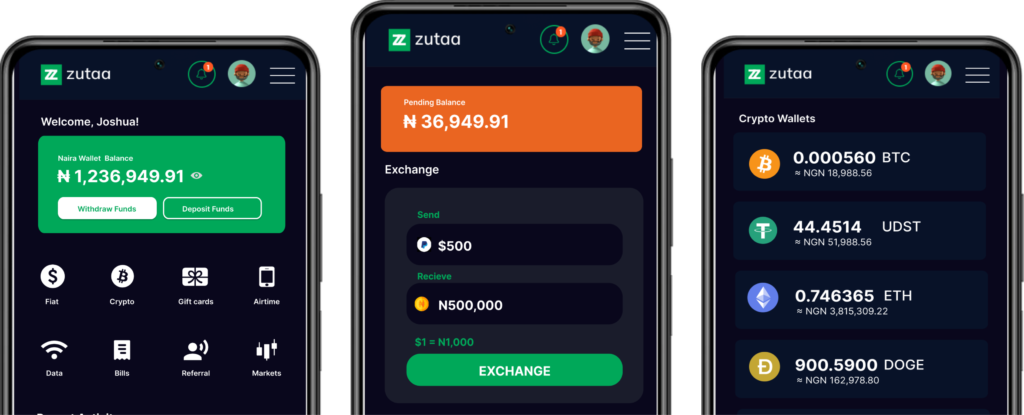Table of Contents
ToggleIntroduction
In recent years, Africa has witnessed significant advancements in various sectors, and one area that is undergoing a transformative shift is currency exchange. The future of currency exchange in Africa is undoubtedly digital. Digital currency exchange platforms are revolutionizing the way Africans conduct financial transactions, trade internationally, and interact with the global economy. This article explores the exciting prospects and opportunities that lie ahead, highlighting the benefits, challenges, and key factors driving the digital currency exchange revolution in Africa.
The Evolution of Digital Currency Exchange in Africa
Traditional Exchange Methods vs. Digital Platforms
Traditional currency exchange methods in Africa often involved physical currency and face-to-face transactions at banks or exchange bureaus. However, with the rise of technology, digital platforms are reshaping the landscape. Today, individuals and businesses can conveniently exchange currencies online, leveraging secure digital platforms that offer competitive rates and quick transactions.
Mobile Money and E-Wallets: Transforming the Exchange Landscape
Mobile money services and e-wallets have played a significant role in transforming the currency exchange landscape in Africa. Platforms such as M-Pesa, Airtel Money, and Ecobank Mobile App have gained popularity and become integral to financial transactions across the continent. These platforms enable users to store, send, and receive money digitally, making currency exchange more accessible and convenient for individuals and businesses.
Fintech Innovation: Driving Digital Currency Exchange
The rapid growth of fintech companies in Africa has been a driving force behind the digital currency exchange revolution. Fintech startups are leveraging technology and innovative solutions to offer secure, efficient, and cost-effective currency exchange services. These platforms utilize cutting-edge technologies such as blockchain and artificial intelligence to streamline transactions, enhance transparency, and provide users with a seamless exchange experience.
The Benefits of Digital Currency Exchange for Africa
Increased Accessibility and Convenience
Digital currency exchange platforms bring increased accessibility and convenience to Africans. Individuals no longer need to rely solely on physical banks or exchange bureaus to exchange currencies. With a few clicks on a mobile app or website, users can initiate currency exchanges anytime, anywhere, providing greater flexibility and convenience for travelers, businesses, and individuals involved in international trade.
Competitive Exchange Rates and Lower Fees
Digital currency exchange platforms often offer competitive rates compared to traditional exchange methods. These platforms leverage technology and market data to provide users with real-time rates, ensuring fair and transparent transactions. Additionally, the fees associated with digital currency exchange are typically lower than those charged by traditional financial institutions, making it a cost-effective option for users.
Speed and Efficiency of Transactions
Digital currency exchange platforms enable swift and efficient transactions. Instead of waiting in long queues or dealing with paperwork, users can complete exchanges within minutes. This speed is particularly advantageous for businesses engaged in international trade, as it allows for timely and seamless transactions, contributing to smoother supply chains and operational efficiency.
Enhanced Security and Transparency
Digital currency exchange platforms prioritize security and transparency. By leveraging technologies such as encryption and decentralized ledgers (blockchain), these platforms ensure the integrity of transactions and protect user data. Furthermore, the transparent nature of blockchain technology allows users to track and verify transactions, enhancing trust and reducing the risk of fraud.
Challenges and Considerations
Regulatory Frameworks and Compliance
As the digital currency exchange landscape evolves, regulatory frameworks must keep pace to ensure consumer protection, prevent money laundering, and address potential risks. Governments and regulatory bodies need to establish clear guidelines and oversight to foster a safe and regulated digital currency exchange ecosystem.
Connectivity and Internet Access
While digital currency exchange platforms are becoming increasingly prevalent,
challenges related to connectivity and internet access persist in some regions of Africa. Reliable and affordable internet access is essential for individuals to access and utilize these platforms effectively. Efforts are underway to improve infrastructure and expand internet connectivity across the continent to overcome this challenge.
Consumer Education and Awareness
Promoting consumer education and awareness is crucial for the successful adoption of digital currency exchange in Africa. Many individuals may be unfamiliar with the concept of digital currencies, the associated risks, or the benefits. Educating the public about digital currency exchange and providing guidance on choosing reputable platforms will help build trust and confidence in the system.
FAQs (Frequently Asked Questions)
- What is digital currency exchange?
Digital currency exchange refers to the process of converting one form of digital currency or traditional currency into another using online platforms or applications. - How can I exchange currencies digitally in Africa?
To exchange currencies digitally in Africa, you can utilize mobile money services, e-wallets, or dedicated digital currency exchange platforms available on websites or mobile apps. - Are digital currency exchange platforms secure?
Reputable digital currency exchange platforms prioritize security and employ encryption and other advanced technologies to protect user data and ensure secure transactions. However, it is essential to choose trusted platforms and follow best practices for online security. - Can I get competitive exchange rates through digital currency exchange platforms?
Yes, digital currency exchange platforms often offer competitive exchange rates, leveraging real-time market data to provide users with favorable rates compared to traditional exchange methods. - What documents do I need to exchange currencies digitally?
The documentation requirements may vary depending on the platform and the amount you intend to exchange. Generally, you will need to provide identification documents as part of the account verification process. - How long does it take to complete a digital currency exchange transaction?
Digital currency exchange transactions can be completed within minutes, offering quick and efficient exchanges compared to traditional methods that may involve longer processing times.
Conclusion
The future of currency exchange in Africa is undeniably digital. Digital currency exchange platforms bring numerous benefits, including increased accessibility, competitive rates, speed, and enhanced security. However, regulatory frameworks, connectivity, and consumer education are vital considerations in realizing the full potential of digital currency exchange across the continent. With continued advancements, collaboration between stakeholders, and a focus on addressing challenges, Africa is poised to embrace and thrive in the digital future of currency exchange.
